
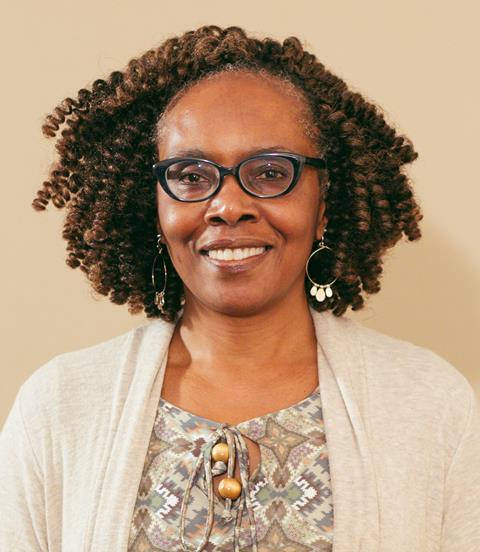
Judy Washington, MD
STFM Member Judy Washington, MD is associate director of the Overlook Medical Center Family Medicine Residency Program and has been an STFM member since 1998.
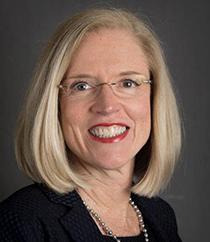
Mary Nolan Hall, MD
Mary Nolan Hall, MD, is chief academic officer and senior vice president of medical education and research at Atrium Health in Charlotte, NC and has been an STFM member since 1987, as well as past president of the STFM Board of Directors.

Gilberto Granados, MD
Gilberto Granados, MD, associate clinical professor, David Geffen School of Medicine, co-director, Summer Urban Health Fellowship, and director, Third and Fourth-Year Family Medicine Clerkship at the University of California, Los Angeles, has been an STFM member since 1999.
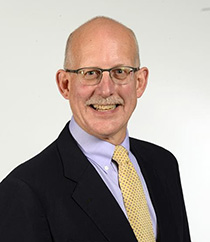
William Ventres, MD, MA
STFM Member Bill Ventres, MD, MA, is the Ben Saltzman, MD, Distinguished Chair in Rural Family Medicine at the University of Arkansas for Medical Sciences (UAMS) in Little Rock. In this role, he is responsible for encouraging students and residents at UAMS to consider careers in rural and underserved family medicine.

Shou Ling Leong, MD
STFM Member Shou Ling Leong, MD is the assistant dean for Pathways Innovation and associate vice chair of Education at the Penn State Milton S Hershey Medical Center in Hershey, Pennsylvania. Shou Ling has been an active member of STFM for 22 years.
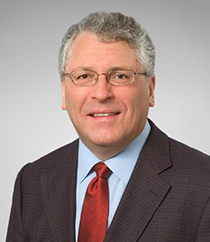
Rick Kellerman, MD
STFM Member Rick Kellerman, MD is professor and chair, Department of Family and Community Medicine, University of Kansas School of Medicine–Wichita, and past president and board chair, American Academy of Family Physicians. Rick has been an active member of STFM for 28 years.

David Henderson, MD
STFM Member Dr Henderson is an associate professor, chair for the Department of Family Medicine, and associate dean for Multicultural and Community Affairs at UCONN Health. Prior to joining the faculty he worked for a year as a physician volunteer in a rural hospital in Sierra Leone, West Africa. He also worked part time as a physician volunteer at Charter Oak Terrace Community Health Center in Hartford for 2 years.
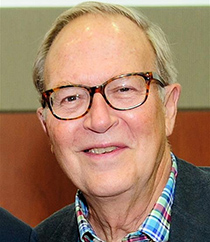
John Frey, MD
STFM Member Dr Frey is professor emeritus at the University of Wisconsin where he previously served as professor and chair of the Department of Family Medicine. He has been a long-term STFM member. He has served as editor of Family Medicine and STFM President of Society of Teachers of Family Medicine.

Vince WinklerPrins, MD
STFM Member Vince WinklerPrins, MD, is the assistant vice president for Student Health at Georgetown University. Dr WinklerPrins has been an active member of STFM for 18 years.

Melly Goodell, MD
STFM Member Melly Goodell, MD, is the chair of the Department of Family Medicine at MedStar Franklin Square Medical Center in Baltimore, Maryland and associate professor of Clinical Family Medicine at Georgetown University. Dr Goodell has been an active member of STFM for 21 years.
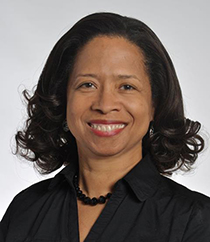
Kathryn Fraser, PhD
STFM Member Kathryn Fraser, PhD, is the behavioral medicine coordinator at the Halifax Health Family Medicine Residency Program in Daytona Beach, Florida. She is a past director of the Behavioral Science/Family Systems Educator Fellowship and currently leads the Mentorship Work Group as part of STFM’s Underrepresented in Medicine initiative.

Christopher Morley, PhD
STFM Member Christopher P. Morley, PhD, is chair of the Department of Public Health and Preventive Medicine, vice chair of Research in the Department of Family Medicine, and associate professor of Public Health, Family Medicine, and Psychiatry at S.U.N.Y. Upstate Medical University.

Alison Dobbie, MD
STFM Member Alison Dobbie, MD, is professor and chair of Family and Community Medicine at Eastern Virginia Medical School. Dr Dobbie has been an STFM member for 23 years.
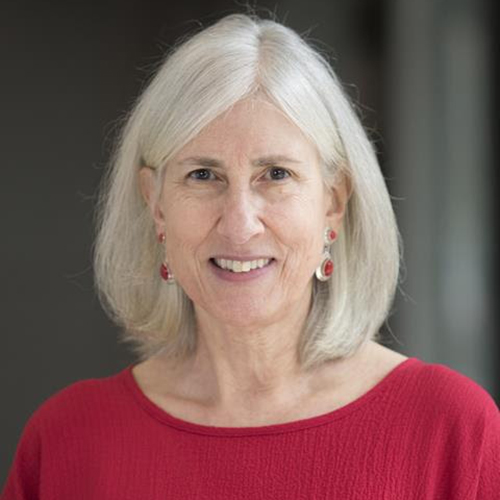
Victoria Gorski, MD
STFM Member Victoria Gorski, MD, is associate professor of the Department of Family and Social Medicine at the Albert Einstein College of Medicine. Dr Gorski has been an STFM member for 22 years.



